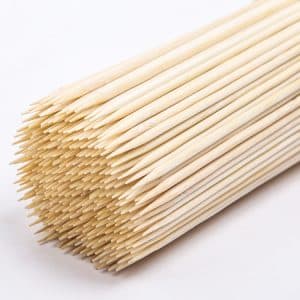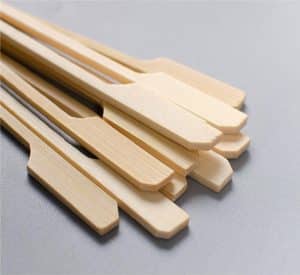In recent years, bamboo has emerged as a powerful tool in the fight against environmental degradation, offering a sustainable and eco-friendly alternative to traditional materials. From construction and furniture to clothing and packaging, bamboo is revolutionizing environmental protection efforts in various industries across the globe.
One of the key reasons why bamboo is gaining popularity as a sustainable material is its rapid growth rate. Unlike trees, which can take decades to mature, bamboo can be harvested in as little as three to five years. This means that bamboo forests can be replenished much faster than traditional forests, making it a more sustainable source of raw materials. In addition, bamboo requires minimal water, fertilizers, and pesticides to grow, making it an environmentally friendly choice for farmers and producers.
In the construction industry, bamboo is being used as a viable alternative to traditional building materials such as wood and concrete. Bamboo is incredibly strong and durable, with a tensile strength comparable to steel. This makes it an ideal material for building structures that can withstand natural disasters like earthquakes and hurricanes. In addition, bamboo has a low carbon footprint compared to other building materials, making it a more sustainable choice for eco-conscious builders.
Bamboo is also making waves in the furniture industry, with designers and manufacturers embracing its versatility and eco-friendly qualities. Bamboo furniture is not only stylish and modern but also sustainable and environmentally friendly. Bamboo can be easily shaped and molded into various designs, making it a popular choice for eco-conscious consumers who want to reduce their environmental impact.
In the fashion industry, bamboo textiles are gaining popularity as a sustainable alternative to traditional fabrics like cotton and polyester. Bamboo fibers are naturally moisture-wicking, breathable, and anti-bacterial, making them an ideal choice for activewear and undergarments. In addition, bamboo is a fast-growing plant that requires minimal water and pesticides to grow, making it a more sustainable choice for textile production.
Bamboo is also being used as a sustainable packaging material, replacing traditional plastics and Styrofoam. Bamboo packaging is biodegradable, compostable, and recyclable, making it a more environmentally friendly option for businesses looking to reduce their carbon footprint. In addition, bamboo packaging is lightweight and durable, making it a practical choice for shipping and transportation.
Overall, bamboo is revolutionizing environmental protection efforts by offering a sustainable and eco-friendly alternative to traditional materials in various industries. Its rapid growth rate, durability, and versatility make it a valuable resource for businesses and consumers looking to reduce their environmental impact. As the demand for sustainable products continues to grow, bamboo is poised to play a significant role in shaping a more sustainable and environmentally friendly future.





